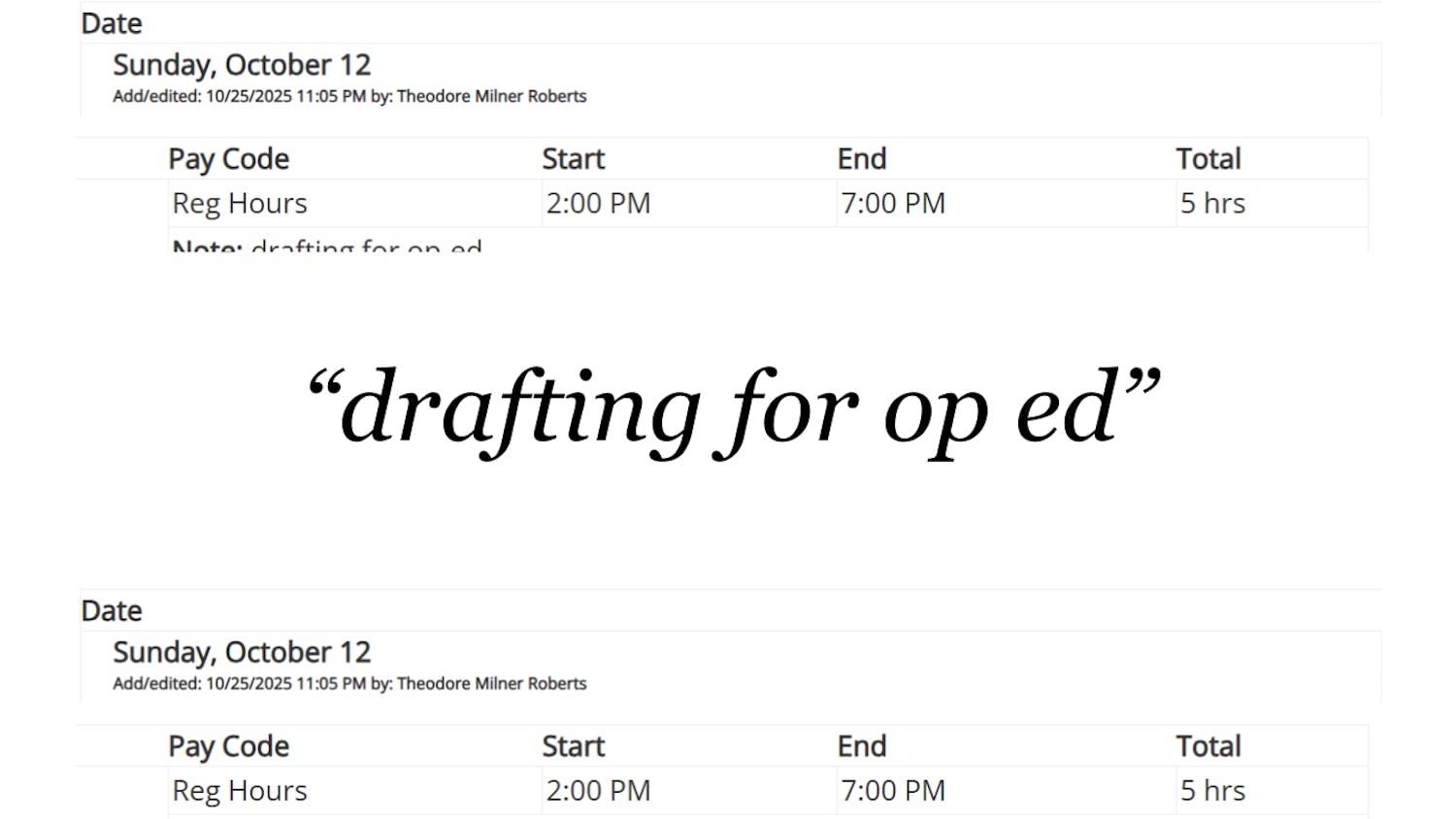The Dartmouth Prison Justice Initiative, formerly called the Dartmouth Student Prison Initiative, has its roots as a law-focused club in which students pored over case studies and legal theory but has grown into something much larger. The club has since evolved and now is an organization dedicated to learning about the prison justice system and how to enact change within it. It places a large emphasis on social justice and encourages Dartmouth students from different academic paths to make impactful change.
DPJI has focused on impacts outside of Dartmouth, especially locally in the Upper Valley, according to co-president Colin Donnelly ’24.
“We’ve always tried to maintain a local-community-level impact, not necessarily on campus, but in the Upper Valley,” Donnelly said. “We have a close relationship with Dismas House in Hartford, Vermont.”
From providing housing to helping former prisoners find employment, Dismas House helps released prisoners transition from incarceration, according to their website. Once or twice a term, the DPJI visits Dismas House to help former prisoners with this transition.
“We make dinner and bring it over [to Dismas House],” Donnelly said. “Then we just hang out and talk with the people who are living there at the time.”
In addition to their work with Dismas House, DPJI also hosts panels and talks open to campus, such as a virtual webinar in which a panel of experts discussed mass incarceration and the crisis at Rikers Island, New York City’s largest jail.
Jordan Narrol ’25, a philosophy major with a passion for activism, said the club’s focus on civil rights work and activism drew him to join.
“I’m active in a lot of different political activist groups, and I felt that working on civil rights stuff was definitely a hole that this campus had in its activism sphere,” he said. “So [in joining the DPJI] I wanted to fill that gap and make civil rights activism a bigger part of campus culture.”
For co-president Esme Lee ’24, as someone who has long been interested in public rights and aspires to go to law school, the idea of the DPJI club aligned with her values and piqued her interest.
“After [after joining the DPJI], my desire to do something related to prison justice work at Dartmouth has really been to emphasize redistribution [of resources],” Lee said.
Similarly, Donnelly, a geography major, joined the club his freshman year and has similar interests to Lee and Narrol.
“I just wanted to see how a U.S. institution like Dartmouth that has so much money and resources and smart people could have an impact — how we could have an impact,” Donnelly said.
Through their work with the halfway house, Lee has come to understand the unfair nature of the most common reasons for which people are incarcerated in the Upper Valley.
“Most of the people that we work with at Dismas House have worked in carpentry and manual labor,” Lee said. “A lot of them tell stories about getting injured, [and then] being prescribed opiates — [it’s] drug abuse leading to incarceration.”
Both Donnelly and Narrol mentioned the opioid crisis in New Hampshire, which Lee plainly summarized.
“It’s a systematic issue rather than [whether a person is] a moral individual [or not],” she said.
Dr. Elizabeth Pfeffer, a postdoctoral research associate at Rockefeller Center who has worked with the club, appreciated the DPJI’s members for their efforts to understand all the effects the criminal justice system has on people.
“In the U.S. criminal justice system, there’s not just the punishment that takes place during arrest time, in court time, in incarceration, but also post release,” she said. “Contact with the criminal justice system can have [significant impacts] on people’s subsequent employment, housing [and] relationships in the community. I think it’s wonderful that this group of students is thinking about all the stages of the system and its impact on people in the local community.”
Meeting the members of Dismas house has had a profound impact on Lee, Donnelly and Narrol.
“There are all these people who are suffering, [but] we just think about them as statistics of bad-ness, [not as] real people,” Narrol said.
Working with the Vermont Dismas House has not only helped the DPJI’s members connect with the people they’re helping, but it has also allowed them to uncover the underlying issues behind incarceration.
“It’s been valuable to talk with the people living [there],” Donnelly said. “Talking to [them] has motivated me to try and correct some of the misconceptions about what’s criminal.”
Even if flaws they noticed in the social system are far from fixed, Lee, Donnelly and Narrol have seen success in their work at Dismas House.
“It’s been really nice to see these people and hear their stories. But it’s [also] nice to get to see them when they’re turning it around,” Narrol said. “There are things we can do to help these people’s lives get better.”
Donnelly said that the club has morphed from a pre-law organization to one that now includes a range of perspectives.
“[We have] people who are passionate about [prison justice] from a law perspective, from a social justice perspective,” he said. “The club functions as a place for everyone to bring in [ideas] wherever they’re from, whatever organizations they might have been part of before they came to Dartmouth.”
Whatever the background of club members, Narrol emphasized the fulfillment of directly helping real people and reaching outside of one’s bubble — and he encouraged Dartmouth students to do the same, whether as a part of an organization like the DPJI or not.
“It’s really important to connect people [at Dartmouth] with the outside world,” Narrol said. “Being a part of something bigger is one of the best feelings there are. Changing the world and making [it] a better place is, hopefully, why a lot of us went to Dartmouth in the first place.”



